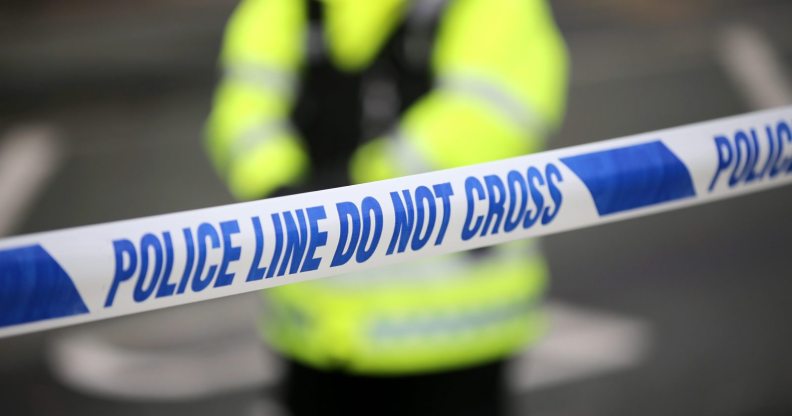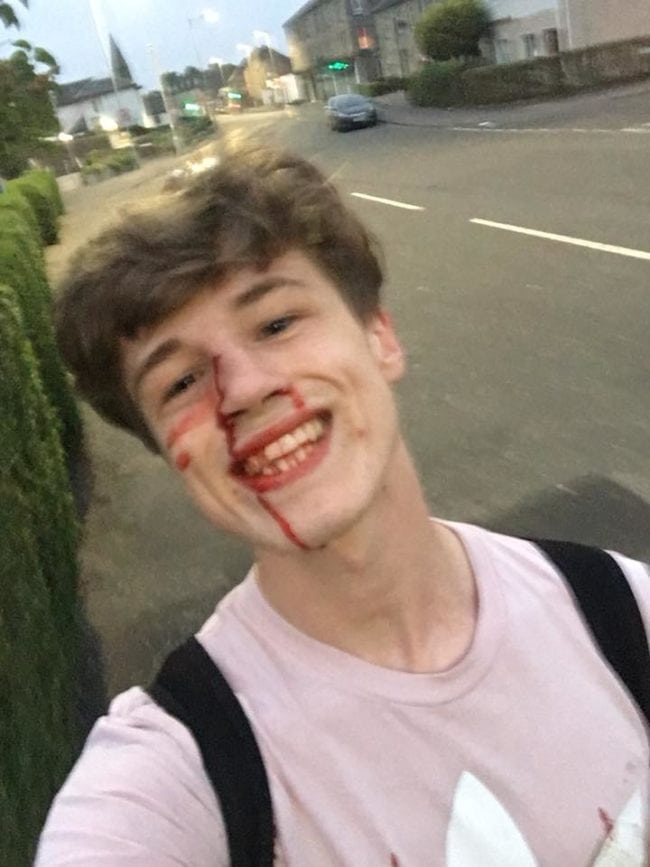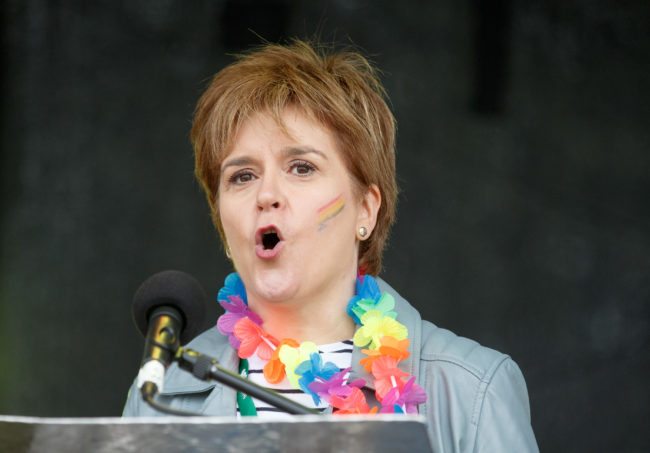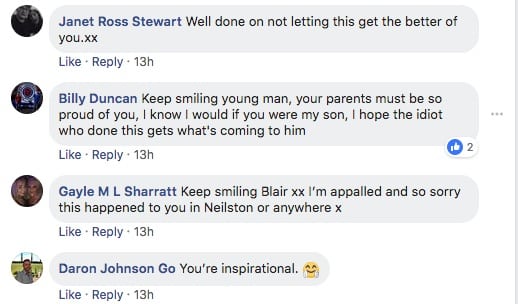Police face ‘significant problems’ in handling of hate crimes, says report

(Christopher Furlong/Getty Images)
Police forces in England and Wales need to tackle “significant problems” in the handling of hate crimes, according to a new report.
The publication – compiled by Her Majesty’s Inspectorate of Constabulary and Fire & Rescue Services – concluded that the police response in 89 out of the 180 hate crime cases it reviewed “wasn’t good enough.”
The watchdog found that it took police an average of five days see 73 victims – and that 65 were not visited at all.
The report also noted that there were “sharp increases” in reported hate crimes following a number of specific events, including immediately after the Brexit vote and after the Westminster Bridge attack in March 2017.
“We found that the police forces we visited understand that it is important to take hate crime seriously,” the report reads. “The forces also recognise they need to encourage victims to report incidents. However, this does not always translate into a deeper understanding of their communities and how they are being victimised.
“Some forces need to give far more attention to the experience of victims once they have made a report. Hate-crime victims often exist in small, tight-knit communities. There may only be one opportunity for the police to get things right. Any failure to respond appropriately can have a negative effect, not only on the victims themselves but on the wider community.
“Also, poor service to victims can mean that fewer people overall report hate crime, and trust in the police decreases as a result. It can also have a negative effect on community cohesion.”
It also stated that police should “make sure that the recommendations in this report are used in the future to improve the police response to hate crime victims.”
Hate crime has recently been brought into the public eye, after Blair Wilson, a young gay man, who was the victim of a homophobic attack in a village Scotland, posted a defiant and bloody selfie to his friends and family on Facebook.

(Blair Wilson/Facebook)
Uploading the photo on Facebook after the attack on June 29, he wrote: “To the wee cunt that called me a faggot across the main street then tried to attack me when i called him ‘hen’ we aw [sic] know who you are and you will get what’s coming to you—Trust it to be someone insecure with his own sexuality trying to take it out on someone secure in himself. Wish you well.”
Wilson later said he “nearly fainted” when Scotland’s first minister Nicola Sturgeon paid tribute to him at Pride Glasgow on Saturday.
Speaking at Pride Glasgow at the weekend, Sturgeon praised Wilson, saying: “Instead of cowering away, [Wilson] spoke up and let me say this; the principles and the values demonstrated by that young man, of dignity, of courage and of compassion are the values that should define our country. So Blair, we all stand with you.”

Scotland’s first minister Nicola Sturgeon led Pride Glasgow’s parade at the weekend.(Getty)
Responding to Sturgeon’s words of support, Wilson told the BBC’s Good Morning Scotland radio programme: “I had about 5,000 mails on Facebook from everyone I know saying ‘oh my goodness, I’m at pride and Nicola Sturgeon is speaking about you’.
“I nearly fainted. I could not believe it.
“My mum and dad and family had went on holiday a few days before. Obviously my mum had seen the video of Nicola Sturgeon on Facebook and she phoned me crying saying how proud she was of me. She couldn’t believe the first minister was speaking about me.”
He continued: “Since seeing my selfie, as trivial as it sounds, it can trigger an emotional connection with someone and I think that’s when people really start to care about an issue.
“Nicola Sturgeon speaking about it at Pride as well really struck close to people who maybe wouldn’t have necessarily thought about that being as big a deal right now.”
The 21-year old also talked about the hundreds of messages of support he has received from around the world.
“Seeing the comments and support from everyone is the best painkiller,” Wilson added.
“I really hope people will look at the selfie and think, I know a wee boy like that, or I know a wee girl who is gay as well, or I know a little trans youth who is getting abuse from people in the street and I’ve not necessarily done anything to stop it.”

A few of the supportive comments posted below Blair Wilson’s selfie (Screenshot/Facebook)
Wilson previously told the local news outlet Barrhead News about the attack, which happened he was walking down Neilston’s Main Street on the morning of June 29 and a man called him a homophobic slur.
He said that he went up to the man to confront him, but the man then physically attacked him, leaving him with a cut on his nose. It was the first time he experienced this kind of homophobic attack, Wilson told Barrhead News.
“I thought, clearly, this person doesn’t realise how close Neilston is and I just wanted to post something so that, when he sobered up, he might see how much love and support I have,” he said. Wilson described posting the picture as liberating: “I knew, as soon as it happened, that I could either keep quiet and feel embarrassed about it or I could shame him over Facebook. As soon as I posted it, even though my nose was still bleeding, I didn’t care.”
“I did use some choice words in the post, but the message I wanted to get across is you need to stick up for yourself. Maybe don’t go getting yourself hurt, but show them you have friends, you are loved,” he added.
The authorities confirmed to the Scottish news outlet the attack had been reported and was under investigation.

